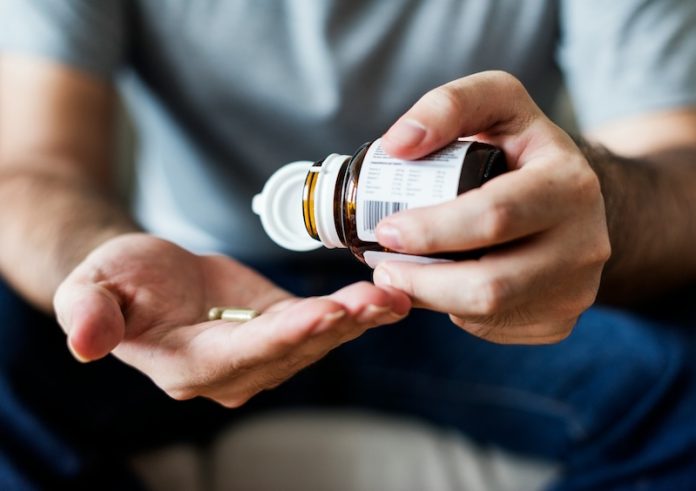
Researchers have identified a potential new treatment for peripheral artery disease (PAD), a condition that affects millions of people and causes chronic leg pain.
In a recent study, scientists found that a supplement called nicotinamide riboside, a form of vitamin B3, may help people with PAD improve their ability to walk longer distances without pain.
The study was led by scientists from Northwestern University and the University of Florida.
To make sure the results were accurate, they used a double-blind clinical trial, meaning neither the researchers nor the participants knew who was receiving the actual treatment and who was receiving a placebo (a fake treatment).
The trial involved 90 participants, all diagnosed with PAD, with an average age of 71. Over six months, participants who took nicotinamide riboside every day increased their walking distance by an average of 57 feet more than those who took a placebo.
PAD is a condition that affects blood flow to the legs due to fatty deposits building up in the arteries. As a result, people with PAD often experience pain, cramping, and difficulty walking.
This disease affects over 8.5 million Americans aged 40 and above and tends to worsen over time, making everyday activities increasingly difficult.
Currently, one of the most common treatments for PAD is supervised walking exercise. However, many people don’t have access to facilities or programs that offer this type of support, so researchers are looking for other ways to help.
Christiaan Leeuwenburgh, Ph.D., a professor at the University of Florida and one of the study’s authors, expressed optimism about the potential of nicotinamide riboside to help PAD patients.
“This is a signal that nicotinamide riboside could help these patients,” he said, emphasizing that larger studies are needed to confirm the results.
Nicotinamide riboside has already gained attention as an anti-aging supplement, and sales in the U.S. alone reached $60 million in 2022.
The supplement works by increasing levels of a compound called NAD, which is crucial for producing energy, improving blood flow, and repairing DNA in the body.
Because PAD is linked to reduced energy production in muscle cells, boosting NAD levels through nicotinamide riboside could potentially help those with PAD regain some of their ability to walk comfortably.
During the trial, participants who took nicotinamide riboside walked an average of 23 feet more in a six-minute walking test after six months. In contrast, participants who took the placebo actually lost walking ability, with their distance decreasing by an average of 34 feet.
The benefits were even greater for those who took at least 75% of their prescribed doses, adding over 100 feet to their walking distance.
The researchers also tested whether combining nicotinamide riboside with resveratrol, a compound found in red wine that is believed to have health benefits, would further improve the results. However, the combination did not show any additional improvement.
Looking to the future, Leeuwenburgh and his team, including Dr. Mary M. McDermott, a PAD expert from Northwestern University, plan to conduct a larger study to confirm these findings.
They also hope to test the supplement in healthy older adults to ensure that it is both safe and effective before recommending it more widely.
This research is promising not just for PAD patients but also for older adults who may benefit from improved physical performance and quality of life.
It also highlights the potential role that nicotinamide riboside could play in future treatments for aging-related health issues.
As more research continues, people interested in improving their health through nutrition may want to stay informed about the benefits of various vitamins and supplements.
For instance, vitamin K has been shown to be important for older adults, and other studies suggest that certain chemicals in snack foods may harm heart health. Keeping up with new findings on vitamins and nutrition could provide valuable insights into how to stay healthy as we age.
The full findings of this study were published in Nature Communications.
If you care about health, please read studies about the benefits of low-dose lithium supplements, and what we know about egg intake and heart disease.
For more information about health, please see recent studies about potatoes and high blood pressure, and results showing 6 best breads for people with heart disease.
Copyright © 2024 Knowridge Science Report. All rights reserved.



